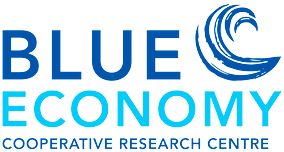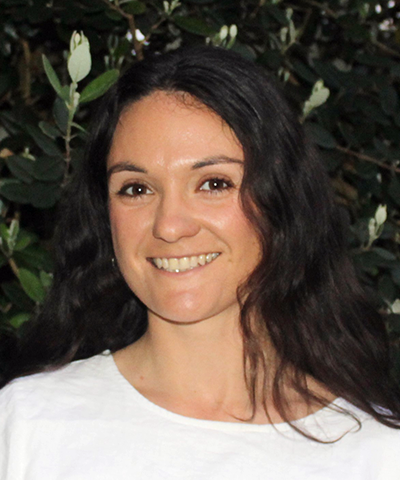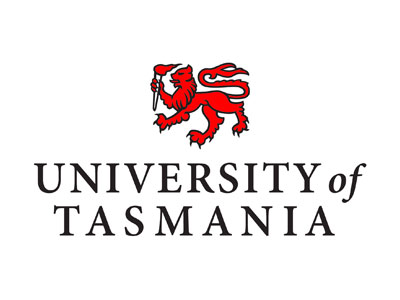Brianne Lyall
Brianne Lyall
Thesis Topic
Skeletal development in Chinook salmon, with an emphasis on intermuscular (pin) bones abnormalities.
PhD Start Date
September 2022
PhD Project Objectives
Poor skeletal health poses a risk to fish welfare and performance, particularly in physically demanding offshore and high energy farming environments, where the finfish aquaculture industry are actively planning to expand. For fish to survive and thrive in these environments they require robust skeletons, which are resistant to deformities and injuries. The New Zealand Chinook salmon (locally known as King salmon) aquaculture industry has been historically impacted by spinal deformities and only recently by intermuscular (pin) bone abnormalities in their population. Our project will characterise this issue in order to understand time of occurrence, possible cause and propose mitigation strategies. Understanding the influence of production strategies and husbandry is crucial to alleviating the pin bone issue. Additionally, we will assess the potential for sustained swimming to influence pin bone strength and determine the strength of association between pin bone strength and development, with spinal curvature and skeletal health in general. It is very plausible that the underlying mechanism resulting in pin bone abnormalities is likely compromising skeletal health more broadly. Therefore, understanding and characterising pin bone development, and the onset of any malformation may identify mitigations which could improve overall skeletal health and dramatically improve the welfare outcomes of farmed King salmon. Additionally, better understanding pin bone development in salmon, may facilitate improvements in pin bone removal at processing which is a significant challenge faced by salmon producers.
Biography
My interest in fish biology and welfare stemmed from my early years of life diving on the east coast of Australia; it inspired my choice of degrees, i.e. BSC in Biology and MSc in Applied Animal Behaviour and Welfare, and flourished throughout my research experience in animal behaviour. Over the last few years I worked on animal welfare standards for farmed King salmon in New Zealand, where I developed an interest in the aquaculture industry and the innovation and transformation of farming systems and practices. I am fascinated by the behavioural, cognitive and emotional sophistication of fishes.
Supervisory Team
Primary Supervisor: Dr Gianluca Amoroso
University of Tasmania
Co-Supervisor: Prof Chris Carter
University of Tasmania
Co-Supervisor: Dr Jane Symonds
Cawthron Institute
Co-Supervisor: Dr Matthew Perrott
Massey University
Co-Supervisor: Prof Eckhard Witten
Ghent University
Research Advisor: Dr Zac Waddington
New Zealand King Salmon




